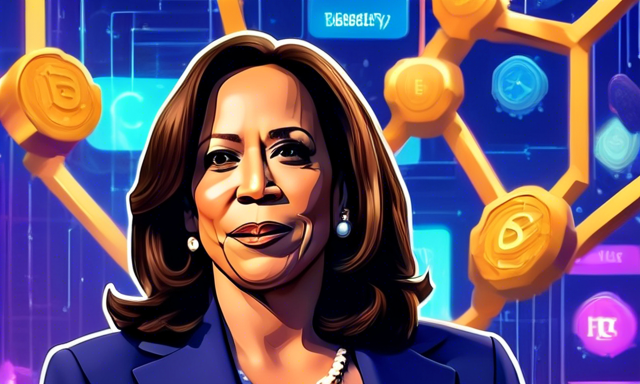The Growing Trend of Australian Banks Blocking Payments to Crypto Exchanges 🏦
As concerns around cryptocurrency scams continue to rise, HSBC Australia has recently announced its decision to block all payments to crypto exchanges, joining at least six other major Australian banks in taking similar measures. While the banks aim to protect customers from fraud, this trend has sparked debates about financial rights and access to the digital economy.
Understanding Crypto Scams and HSBC’s Motivation 🛡️
Cryptocurrencies have gained popularity but have also attracted scammers and cybercriminals looking to exploit unsuspecting users. From Ponzi schemes to phishing attacks, the risks associated with crypto investments are real. HSBC Australia’s move to block payments to exchanges is a proactive step to shield its customers from these threats.
- Scammers targeting crypto investors pose a significant risk
- Cryptocurrency exchanges are frequent targets for fraudulent activities
- HSBC’s decision aims to protect customers from losing money to scams
Concerns Over Financial Rights in Australia 💰
By restricting payments to crypto exchanges, banks like HSBC are essentially limiting individuals’ financial freedom and access to new investment opportunities. Cryptocurrencies offer a unique way to manage wealth, access global markets, and participate in technological advancements, making them valuable assets for many Australians.
- Blocking payments could hinder access to funds and slow crypto adoption
- Crypto investments are seen as a gateway to economic growth and innovation
- Australians may face challenges in investing in cryptocurrencies due to bank restrictions
Exploring Alternatives for Australian Crypto Investors 🌐
Despite the banking restrictions, Australian investors still have options to access cryptocurrencies through alternative channels. Peer-to-peer platforms and international payment services provide avenues to buy and trade digital assets, albeit with some added complexities and risks. Navigating these alternatives requires caution and careful consideration to protect investments.
- Peer-to-peer platforms offer direct access to crypto exchanges
- International payment services can bypass Australian banking restrictions
- Additional risks and complexities may be involved in using alternative channels
Concluding Thoughts 🤔
While banks like HSBC Australia take steps to enhance security and protect customers from scams, the restrictions on crypto payments raise broader questions about financial liberties and the evolving digital economy landscape. Balancing security measures with accessibility and innovation will be crucial for the future of cryptocurrencies in Australia, shaping how investors engage with this dynamic market.





 By
By
 By
By
 By
By


 By
By